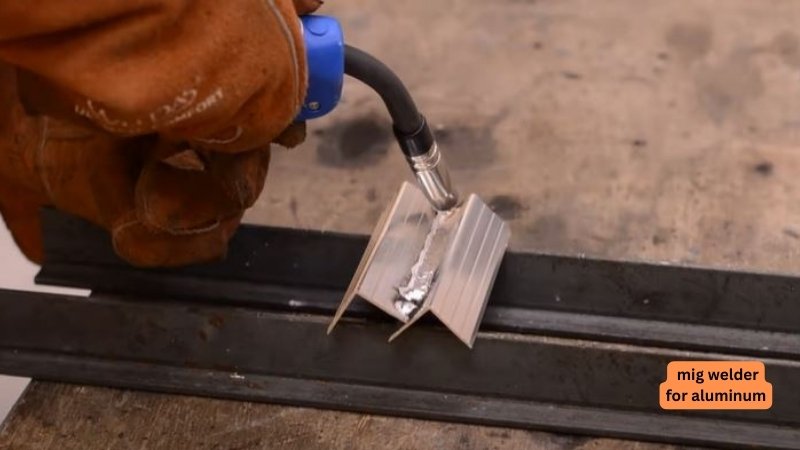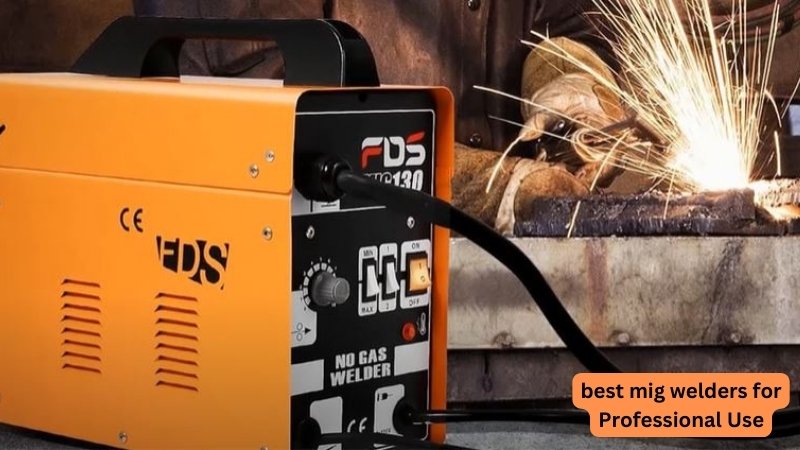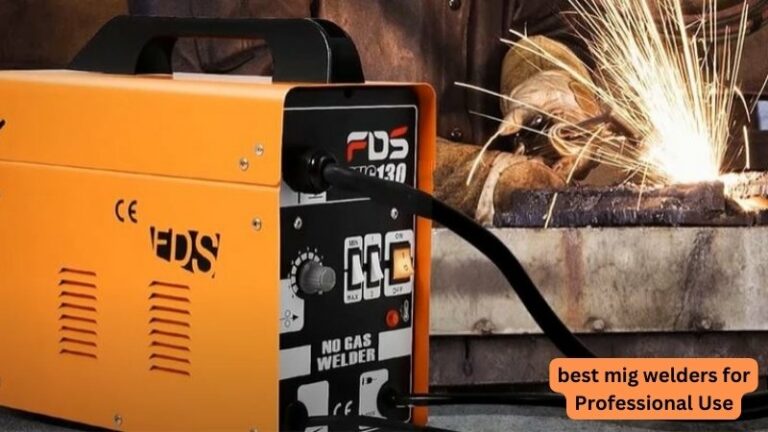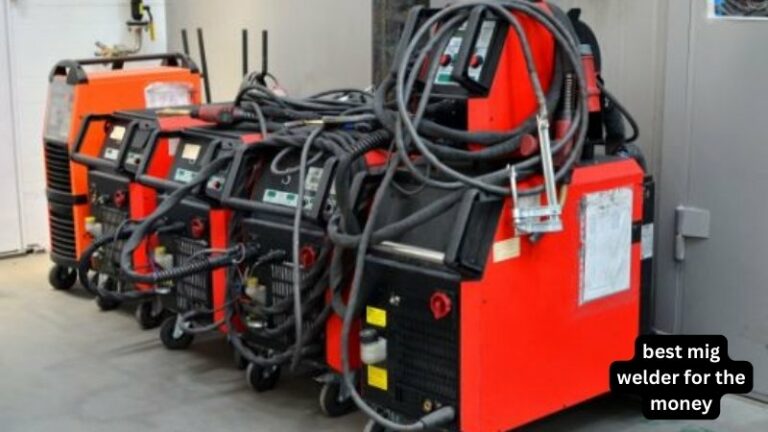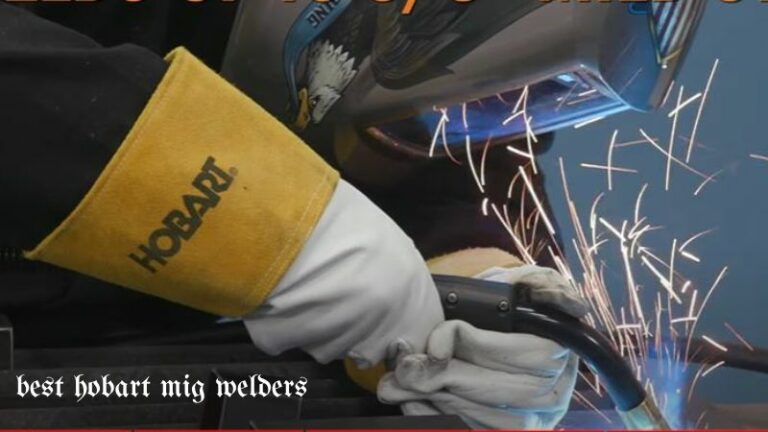best mig welder for aluminum
Welcome to our comprehensive guide on finding the best MIG welder for aluminum. Aluminum welding requires specific equipment due to the unique characteristics of the metal. In this article, we will explore the key factors to consider when selecting a MIG welder for aluminum, including power output, wire feed speed control, shielding gas options, and welder compatibility.
By the end, you’ll have the knowledge to make an informed decision and find the best MIG welder for your aluminum welding projects. Let’s dive in!
best mig welder for aluminum
1. Understanding the Challenges of Aluminum Welding
In this section, we’ll discuss the challenges associated with aluminum welding, such as its high thermal conductivity, oxide layer, and sensitivity to heat. Understanding these challenges will help you appreciate the importance of choosing the right MIG welder for aluminum.
2. Factors to Consider when Choosing a MIG Welder for Aluminum
In this section, we’ll outline the key factors to consider when selecting a MIG welder specifically for aluminum welding. We’ll discuss the power output requirements, wire feed speed control options, the need for a spool gun, and the importance of a suitable shielding gas. Evaluating these factors will ensure you choose a welder that meets the demands of aluminum welding.
3. Top MIG Welders for Aluminum: Performance and Features
In this section, we’ll review some of the top MIG welders available in the market that are specifically designed for aluminum welding. We’ll evaluate their performance based on factors such as power output, wire feed speed control, duty cycle, ease of use, and compatibility with various aluminum thicknesses. We’ll highlight the key features that set each welder apart.
4. Shielding Gas Options for Aluminum Welding
Choosing the right shielding gas is crucial for successful aluminum welding. In this section, we’ll discuss the common shielding gas options, such as pure argon and argon-helium mixtures. We’ll explore the advantages and limitations of each gas and provide recommendations based on the welder’s capabilities and your specific welding needs.
5. Welding Safety and Precautions
Aluminum welding poses specific safety concerns, including the risk of burns, fumes, and the need for adequate ventilation. We’ll discuss the safety precautions to follow when working with aluminum, such as proper PPE (Personal Protective Equipment) usage, workspace setup, and the importance of proper training. Ensuring a safe working environment is essential for both the welder and the quality of the welds.
FAQs (Frequently Asked Questions):
Regular MIG welders may not be suitable for aluminum welding due to the specific requirements of the metal. Aluminum welding requires a higher power output, wire feed speed control, and the use of a spool gun for better wire control.
The most common shielding gas for aluminum welding is pure argon or argon-helium mixtures. Pure argon is suitable for most aluminum welding applications while adding helium can provide better penetration for thicker aluminum.
The power output requirements depend on the thickness of the aluminum you’ll be welding. Thicker aluminum requires higher power output for adequate penetration. It’s important to choose a welder with sufficient power to meet your specific aluminum welding needs.
Using a spool gun is highly recommended for aluminum welding. It helps to maintain better control over the wire feed and prevents wire feeding issues that can occur when using a regular MIG gun.
The ability to weld different thicknesses of aluminum depends on the power output and wire feed speed control capabilities of the MIG welder. It’s important to choose a welder with adjustable settings to accommodate various aluminum thicknesses.
final words
Selecting the best MIG welder for aluminum requires considering factors such as power output, wire feed speed control, shielding gas options, and compatibility. By evaluating the top MIG welders in these categories, you can find the perfect tool to enhance your aluminum welding projects.
Remember to prioritize safety, proper shielding gas selection, and adherence to recommended welding practices. With the right MIG welder for aluminum in hand, you’ll be well-equipped to achieve high-quality welds. Happy welding!
